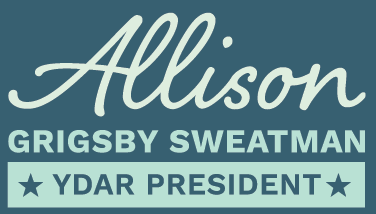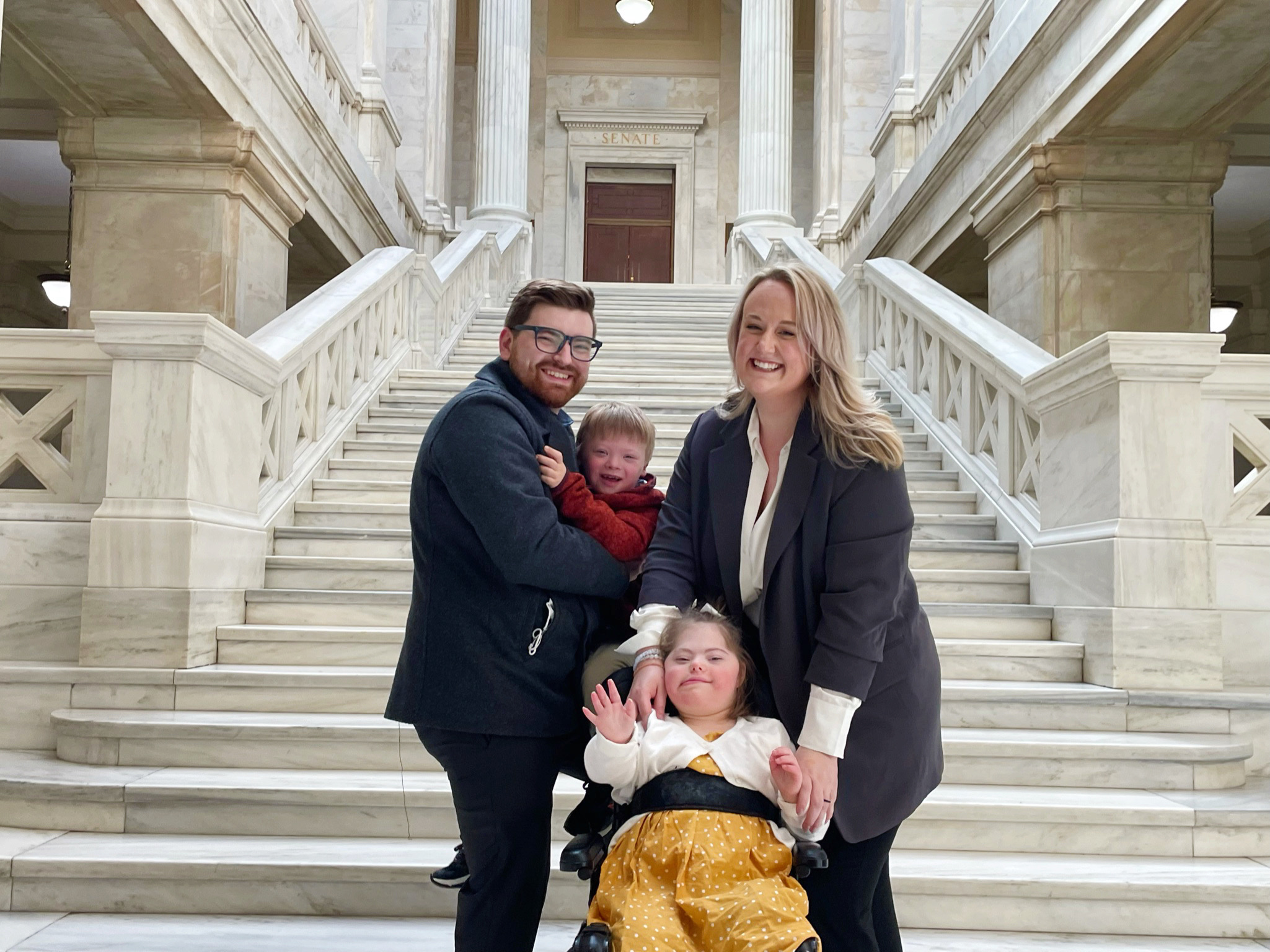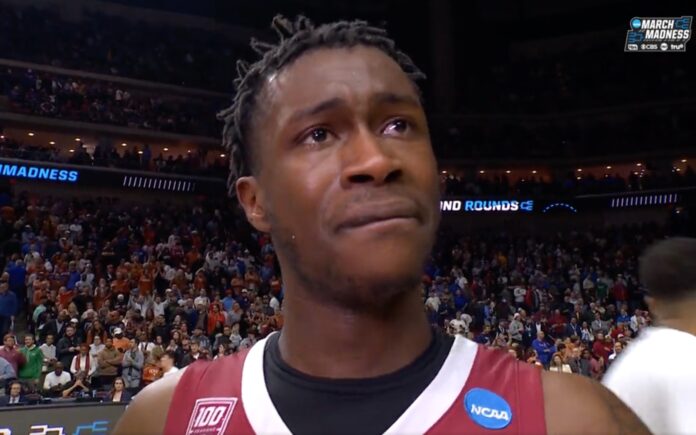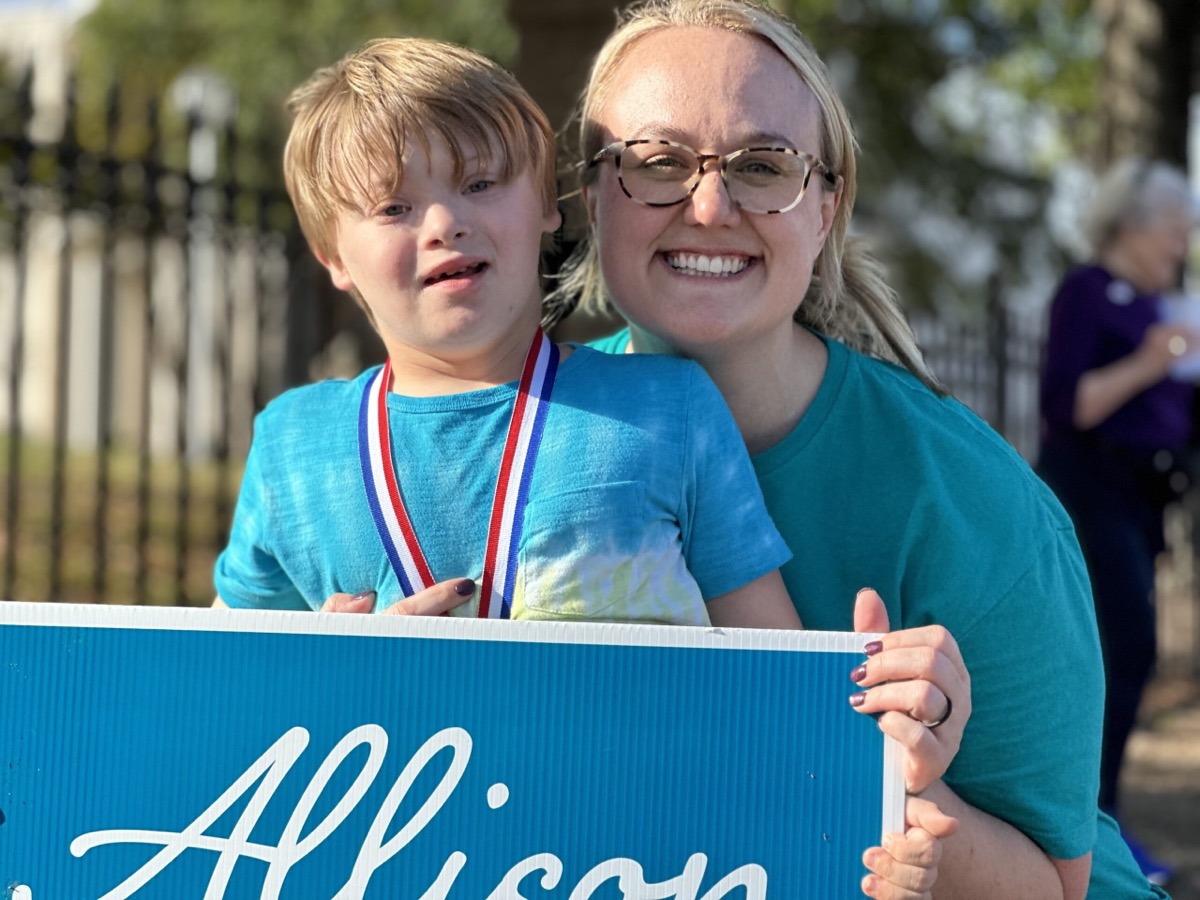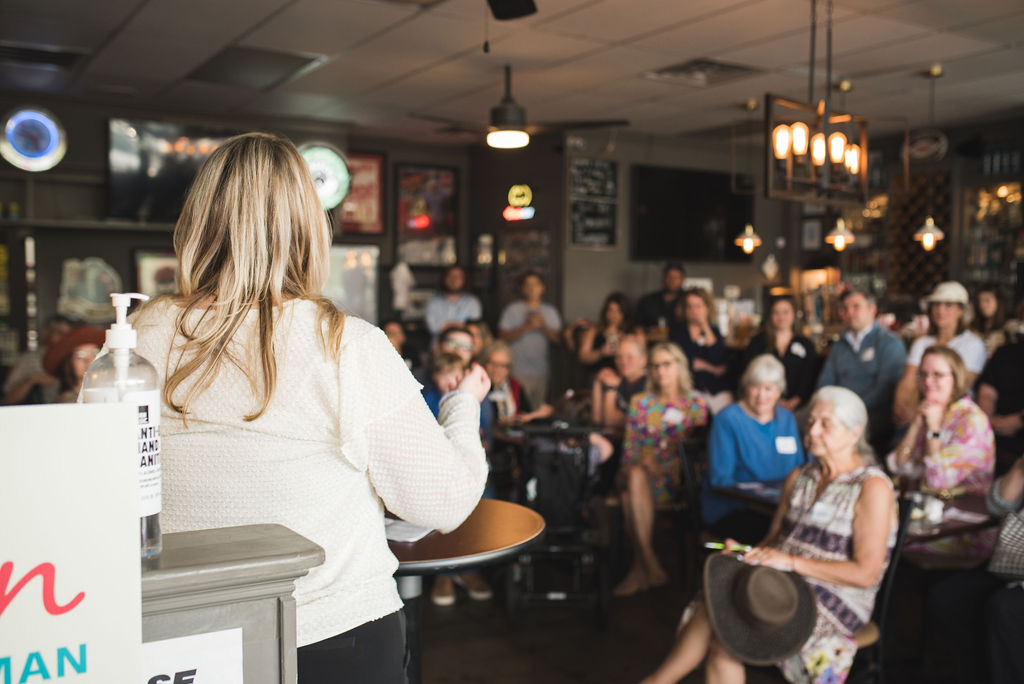Holy week is never easy for me. Around this time of year, I feel the struggle of my ever-evolving faith, which becomes more complicated around the holy days I used to observe differently than I do now. On top of that, I am more vulnerable because my dad died in April 2010, and my body remembers what it was like to lose him that spring, so close to holy week.
It’s as though evolving faith and evolving grief come together to make me think and feel deeply about what matters most in my life. They also prompt reflection into the truth of what is and what could be.
About five years ago I began what has become known as “deconstruction” in Christian circles. The conservative evangelicalism of my teens and early twenties was meeting a reckoning in my spirit. I have been trained in biblical studies, preached on multiple occasions, led countless Bible studies, discipled and been mentored, and served as a missionary for many months of my life. I knew all the answers to the questions I was allowed to ask, but I began asking questions I knew were forbidden, even if implicitly. These were questions I knew would be perceived as dangerous by people I was spending my life with.
I remember the last holy week I spent as a member of a church. My husband and I were in our small group with a few other young families. The stress of my questioning led me to voraciously reading new-to-me theological perspectives, and I’d recently explored alternative atonement theories to penal substitutionary atonement (the theory believed by the vast majority of evangelicals). At some point in the conversation, I brought up some of these ideas, not to change anyone’s mind (my own wasn’t even changed!) but to explore them in a safe space with trusted friends.
It backfired terribly. I made my friends very uncomfortable, and I don’t hold them responsible for that reaction at all. We were part of a system that depends upon staying within theological boundaries in order to feel safety and belonging. My questions brought them into uncertainty that they were not ready for, and that’s not their fault. They were doing their best to love me at that moment. Still, the reality of this new rift was devastating.
And the questions began, continued, and never left. Despite the questions — and sometimes because of the questions — holy week remains holy to me.
This week, with all its personal grief and complicated memories, draws me in. Even though it’s a hard time for me, I feel pulled toward practices and ponderings about something bigger than myself, and my context for that awe and wonder is Jesus. The story I tell myself, the story I know, is Jesus. The story has to have a different meaning, because like I said, the questions never left when my faith began to leave.
Resurrection awe never left, though.
The Resurrection story says death does not have the last word.
The Resurrection story says empire is not the ultimate authority.
The Resurrection story says even when hope is scarce, we can keep going.
The Resurrection story says that even if you can’t believe what all the religious people are telling you, the faith you have right now is enough. (My favorite hot-take interpretation from the story of Thomas’ post-resurrection doubts.)
The Resurrection story is good news — at least it can be. It’s what makes me want to have a faith again. I say a faith because where I live, often the term faith is synonymous with something I can’t be a part of with any integrity. But there is still a faith worth having, and I think I’m finding it.
I don’t have the faith I had before, but what’s here is authentic, hard-earned, and all mine, and this week is an invitation to lean into it.
Rachel Held Evans’ faith journey, which she vulnerably shared through her incredible writing until her untimely death in 2019, has grounded me over a decade, and especially since I began deconstructing. In 2015 Rachel wrote:
…we’re tired of the culture wars, tired of Christianity getting entangled with party politics and power. Millennials want to be known by what we’re for, I said, not just what we’re against. We don’t want to choose between science and religion or between our intellectual integrity and our faith. Instead, we long for our churches to be safe places to doubt, to ask questions, and to tell the truth, even when it’s uncomfortable. We want to talk about the tough stuff — biblical interpretation, religious pluralism, sexuality, racial reconciliation, and social justice — but without predetermined conclusions or simplistic answers. We want to bring our whole selves through the church doors, without leaving our hearts and minds behind, without wearing a mask.
Whatever becomes of the faith I’m creating, it will be guided by this reality.
